
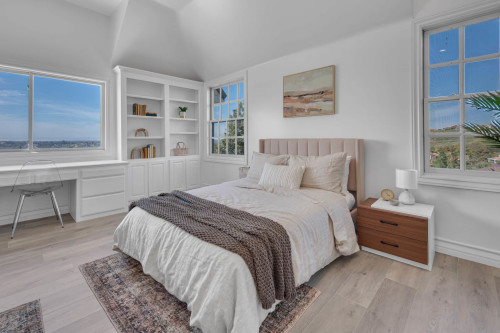
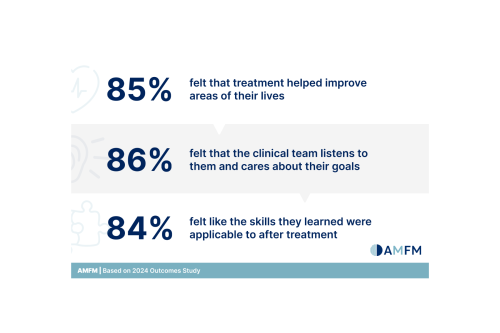
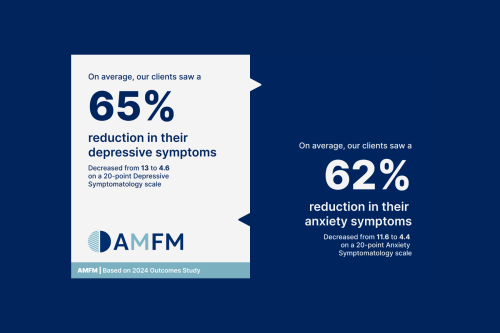





AMFM Mental Health Treatment
Verified Center
This provider's information has been quality-checked by Recovery.com's Research Team for accuracy and completeness, including center verification through appropriate third-party organizations.
Treatment Focus
This center treats mental health conditions and co-occurring substance use. You receive collaborative, individualized treatment that addresses both issues for whole-person healing.
Primary Level of Care
Offering intensive care with 24/7 monitoring, residential treatment is typically 30 days and can cover multiple levels of care. Length can range from 14 to 90 days typically.
Treatment Focus
This center treats mental health conditions and co-occurring substance use. You receive collaborative, individualized treatment that addresses both issues for whole-person healing.
Primary Level of Care
Offering intensive care with 24/7 monitoring, residential treatment is typically 30 days and can cover multiple levels of care. Length can range from 14 to 90 days typically.
Provider's Policy
AMFM is in-network with many providers and works with most PPO insurance plans, which can cover 100% of treatment costs after deductibles are met. Our insurance experts offer a free, confidential benefit verification to provide you with a clear understanding of the potential costs at our facility and how to make the most of your insurance benefits.
AMFM Mental Health Treatment
AMFM Mental Health Treatment
About AMFM Mental Health Treatment
AMFM Mental Health Treatment provides gender-specific residential care that helps clients break free from the weight of mental health challenges and rediscover balance in their lives. They focus on treating conditions such as anxiety, depression, trauma-related disorders, and mood disorders through a blend of evidence-based therapies and personalized care. Guided by a team of skilled clinicians, AMFM empowers clients to take control of their mental health and build a future grounded in strength and clarity.
Develop Skills for Long-Term Stability
AMFM clients receive individualized treatment plans that integrate evidence-based therapies, like cognitive behavioral therapy (CBT), and holistic approaches. Each client’s treatment plan integrates both individual and group therapy, ensuring they receive 1-on-1 guidance as well as the benefits of gender-specific shared experiences. Clients also receive thorough psychiatric evaluations, regular sessions with a psychiatrist, and continuous medication management and education. To support mind and body, AMFM integrates holistic approaches such as guided meditation, yoga, and mindfulness.
Setting into Peaceful Gender-Specific Housing
AMFM’s men’s and women’s facilities are each thoughtfully designed spaces where comfort, safety, and peace come together to support recovery. From modern, well-appointed private and shared bedrooms to inviting lounges for rest and camaraderie, every area is crafted to encourage connection and calm. Clients also enjoy tranquil outdoor areas perfect for reflection and mindfulness practices, and on-site fitness and wellness spaces. Meals are chef-prepared and nutrient-rich.
Receive Tailored Long-Term Support
A client’s aftercare plan may include ongoing support groups to expand their support network, check-ins with ongoing therapy, additional coping strategies, or medication management. Beyond personalized aftercare plans, AMFM may recommend stepping down to an outpatient program, allowing clients to transition more slowly back into their day-to-day schedules.
Highlights from the Center
Highlights
These highlights are provided by and paid for by the center.
Holistic Approach
Trauma-Informed Care
Dietary Accommodations
Mental Health Disorder Treatment
Center Overview
Treatment Focus
This center treats mental health conditions and co-occurring substance use. You receive collaborative, individualized treatment that addresses both issues for whole-person healing.
Joint Commission Accredited
The Joint Commission accreditation is a voluntary, objective process that evaluates and accredits healthcare organizations (like treatment centers) based on performance standards designed to improve quality and safety for patients. To be accredited means the treatment center has been found to meet the Commission's standards for quality and safety in patient care.
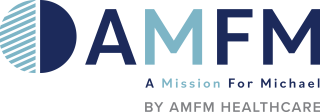
AMFM Mental Health Treatment
Insurance Accepted

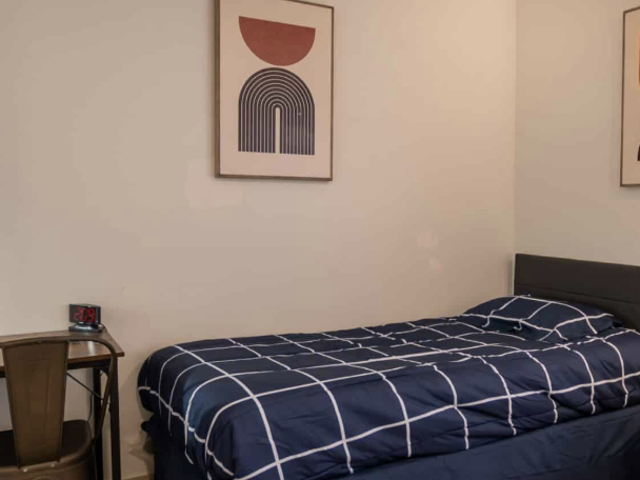


Our Centers
Recovery.com Verified Listing
Recovery.com verified that the name, location, contact information and license to operate for this treatment provider are valid and up-to-date.

Joint Commission Accredited

Licensed by California DHCS
Recovery.com is an independent, third-party mental health resource. Verification does not imply endorsement and does not guarantee the quality of treatment services.
Meet Your Care Team

Angeleena Francis
Vice President of Operations
LMHC

Dr. William Dodge
Chief Medical Officer
MD

Dr. Geoffrey Phillips
Psychiatrist
ABPN

Dr. Meghan Marcum
Chief Psychologist
PsyD, ABPP
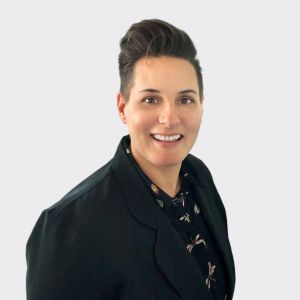
Christina Kayanan
Executive Director
LMFT, LAADC
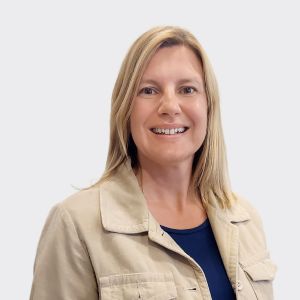
Elisabeth Baer
Experiential Group Facilitator

Eric Schlothan
Clinical Director
LCSW
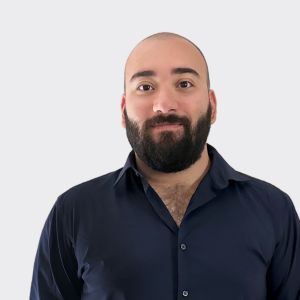
Fahdi Aboushameh
Clinical Case Manager
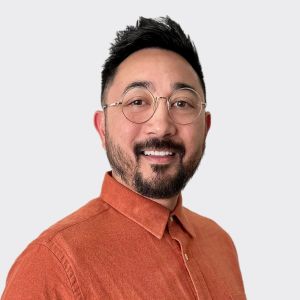
Rey-Phillip Genaldo
Clinical Director
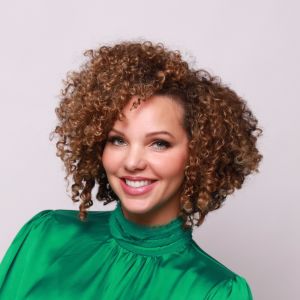
Letissa Valentine-Celindro
Primary Therapist ll

Michael Woode
Primary Therapist ll
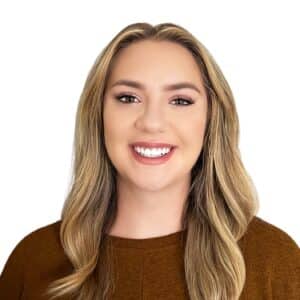
Rebecca Lazuka
Primary Therapist l
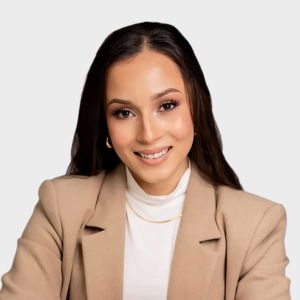
Vanessa Lopez
Primary Therapist l
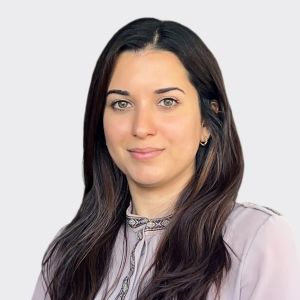
Zeena Aljawad
Primary Therapist l
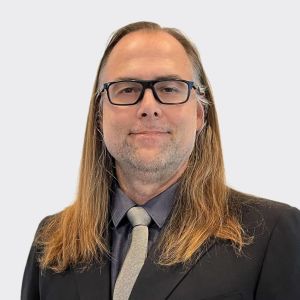
James Battles
Primary Therapist l

Andrea Moore
Primary Therapist l
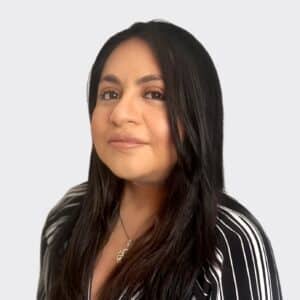
Kelly Bello
Clinical Case Manager
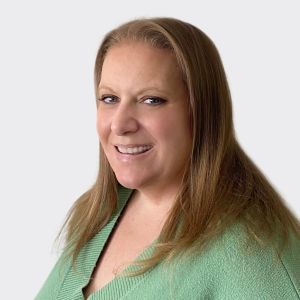
Nicole Kirksey
Clinical Case Manager
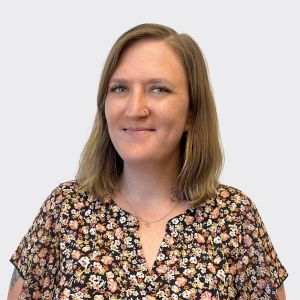
Alyse Ballou
Clinical Case Manager
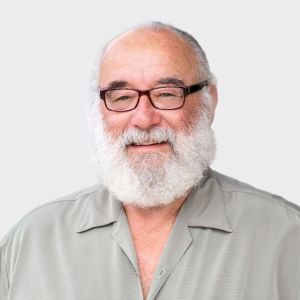
Reno Galassi
Clinical Group Facilitator
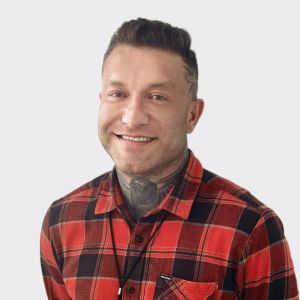
Ian Baer
Clinical Group Facilitator
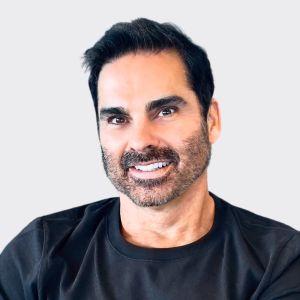
James Johnson
Wellness Coordinator
Your Care Options
Specializations
Schizophrenia
Schizophrenia is a serious mental health condition that causes hallucinations, delusions, and disordered thinking.
Anxiety
Anxiety is a common mental health condition that can include excessive worry, panic attacks, physical tension, and increased blood pressure.
Bipolar
This mental health condition is characterized by extreme mood swings between depression, mania, and remission.
Co-Occurring Disorders
A person with multiple mental health diagnoses, such as addiction and depression, has co-occurring disorders also called dual diagnosis.
Depression
Symptoms of depression may include fatigue, a sense of numbness, and loss of interest in activities. This condition can range from mild to severe.
Licensed Primary Mental Health
Some primary care providers offer mental health diagnosis and treatment. This can prevent patients from developing more serious conditions.
Residential
In a residential rehab program, patients live onsite, with access to daily treatment and 24-hour care. An average stay is 30-90 days.
Trauma
Some traumatic events are so disturbing that they cause long-term mental health problems. Those ongoing issues can also be referred to as "trauma."
Who We Treat
Co-Occurring Disorders
A person with multiple mental health diagnoses, such as addiction and depression, has co-occurring disorders also called dual diagnosis.
Executives
Executive treatment programs typically directly support the needs of people who manage businesses and may provide flexible schedules and office space to allow work during treatment.
Young Adults
Emerging adults ages 18-25 receive treatment catered to the unique challenges of early adulthood, like college, risky behaviors, and vocational struggles.
LGBTQ+
Addiction and mental illnesses in the LGBTQ+ community must be treated with an affirming, safe, and relevant approach, which many centers provide.
Men and Women
Men and women attend treatment for addiction in a co-ed setting, going to therapy groups together to share experiences, struggles, and successes.
Midlife Adults
For adults ages 40+, treatment shifts to focus on the unique challenges, blocks, and risk factors of their age group, and unites peers in a similar community.
Pregnant Women
Addiction and mental health treatment meets the clinical and psychological needs of pregnant women, ensuring they receive optimal care in all areas.
Treatment Services
Licensed Primary Mental Health
Some primary care providers offer mental health diagnosis and treatment. This can prevent patients from developing more serious conditions.
Residential
In a residential rehab program, patients live onsite, with access to daily treatment and 24-hour care. An average stay is 30-90 days.
Approaches
Evidence-Based
A combination of scientifically rooted therapies and treatments make up evidence-based care, defined by their measured and proven results.
Family Involvement
Providers involve family in the treatment of their loved one through family therapy, visits, or both–because addiction is a family disease.
Medical
Medical addiction treatment uses approved medications to manage withdrawals and cravings, and to treat contributing mental health conditions.
Therapies
1-on-1 Counseling
Patient and therapist meet 1-on-1 to work through difficult emotions and behavioral challenges in a personal, private setting.
Meditation & Mindfulness
A practiced state of mind that brings patients to the present. It allows them to become fully aware of themselves, their feelings, and the present moment.
Trauma-Specific Therapy
This form of talk therapy addresses any childhood trauma at the root of a patient's current diagnosis.
Online Therapy
Patients can connect with a therapist via videochat, messaging, email, or phone. Remote therapy makes treatment more accessible.
Transcranial Magnetic Stimulation
Localized magnetic pulses stimulate areas of the brain to increase brain activity and reduce abnormal functions.
Mindfulness Therapy
This ancient practice can be mental, emotional, and even spiritual. In meditation, you focus your attention on the present moment without judgement.
Attachment-Based Family Therapy
ABFT is a trauma-focused therapy that teaches you to form healthy relationships by rebuilding trust and healing attachment issues formed in childhood.
Art Therapy
Visual art invites patients to examine the emotions within their work, focusing on the process of creativity and its gentle therapeutic power.
Conditions We Treat
Schizophrenia
Schizophrenia is a serious mental health condition that causes hallucinations, delusions, and disordered thinking.
Grief and Loss
Grief is a natural reaction to loss, but severe grief can interfere with your ability to function. You can get treatment for this condition.
Personality Disorders
Personality disorders destabilize the way a person thinks, feels, and behaves. If untreated, they can undermine relationships and lead to severe distress.
ADHD, ADD
ADHD is a common mental health condition caused by dopamine imbalance. Common symptoms include inattention, hyperactivitiy, and impulsivity.
Anxiety
Anxiety is a common mental health condition that can include excessive worry, panic attacks, physical tension, and increased blood pressure.
Bipolar
This mental health condition is characterized by extreme mood swings between depression, mania, and remission.
Burnout
Burnout entails mental and physical exhaustion, and leads to a severe lack of fulfillment. This condition is often caused by overwork.
Codependency
Codependency is a pattern of emotional dependence and controlling behavior. It's most common among people with addicted loved ones.
Substances We Treat
Co-Occurring Disorders
A person with multiple mental health diagnoses, such as addiction and depression, has co-occurring disorders also called dual diagnosis.
Languages
Aftercare
Care Designed for Your Needs
Personal Amenities
Amenities
Special Considerations
Gender-specific groups
Patients in gender-specific groups gain the opportunity to discuss challenges unique to their gender in a comfortable, safe setting conducive to healing.
Activities
Yoga
Yoga is both a physical and spiritual practice. It includes a flow of movement, breathing techniques, and meditation.
Off-Site Activities
Off-Site Amenities

Learn More About the Center
PTSD Brain vs. Normal Brain
Discover how trauma reshapes brain structure and impacts everyday emotional regulation.
Learn About Disorders and Recognize the Warning Signs
Understand key symptoms and take practical steps toward support and lasting recovery today.
Grounding Techniques for Anxiety and Intrusive Thoughts
Manage intrusive thoughts by applying simple CBT exercises that reduce distress and regain control.
Know When to Seek Help for Depression
Recognize subtle changes and learn when to get help before problems escalate.





